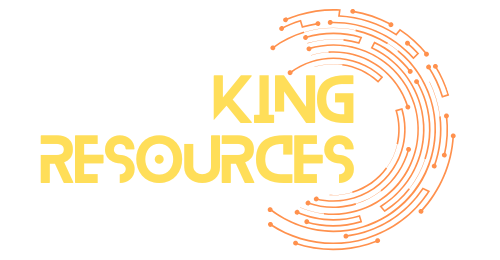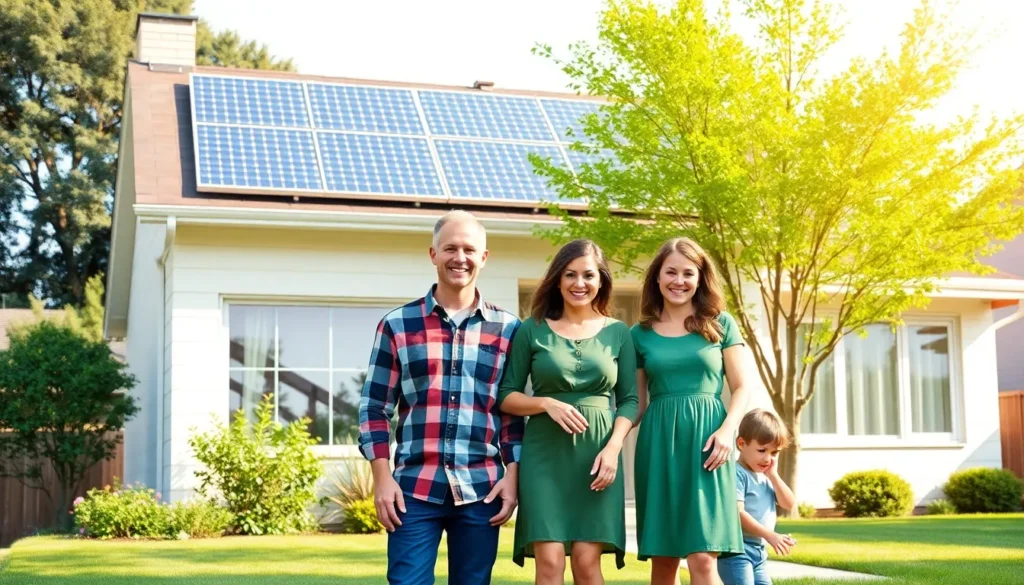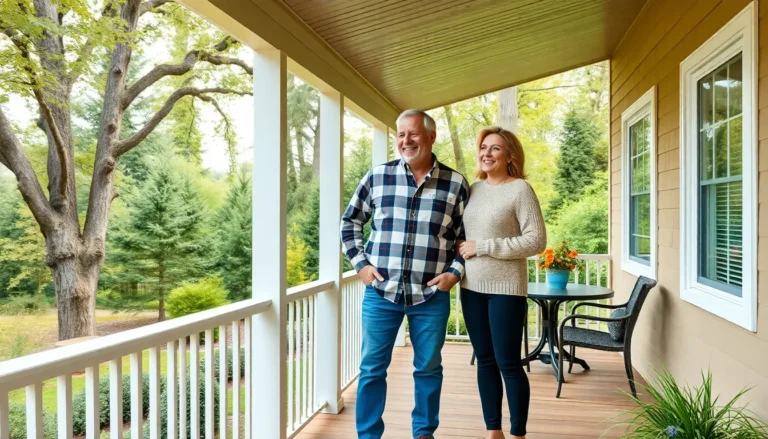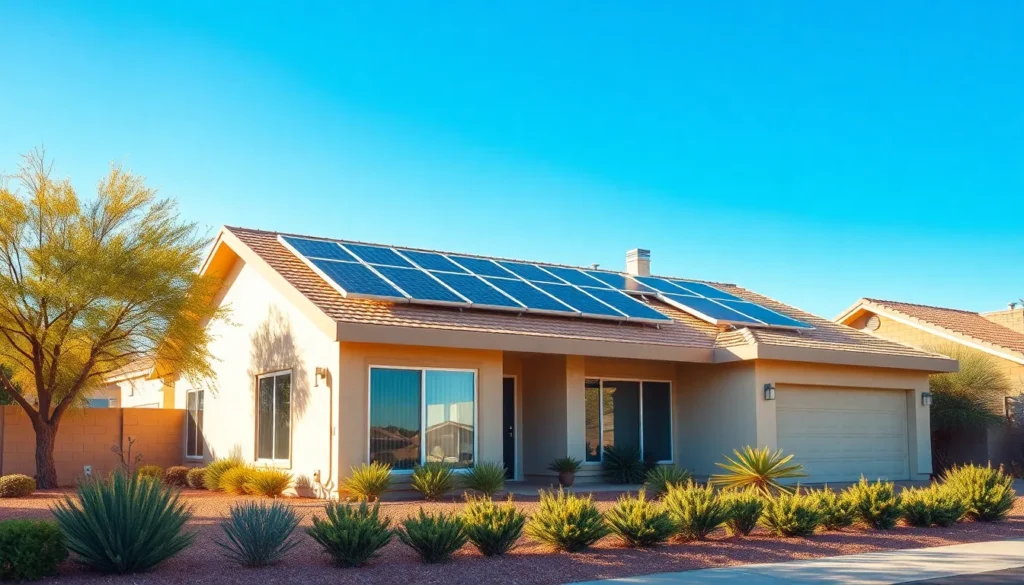Imagine living in a home that not only keeps you cozy but also saves you money while saving the planet. Sounds like a dream, right? Well, energy-efficient homes for sale are making that dream a reality. These eco-friendly havens offer a blend of comfort and sustainability, proving that going green doesn’t mean sacrificing style or convenience.
Table of Contents
ToggleBenefits of Energy-Efficient Homes
Energy-efficient homes offer numerous advantages, blending comfort, cost savings, and eco-friendliness seamlessly. These benefits attract a growing number of homebuyers seeking sustainable living solutions.
Environmental Impact
Energy-efficient homes significantly reduce carbon footprints. By using sustainable materials and efficient technologies, these homes lower greenhouse gas emissions. Renewable energy sources, like solar panels, decrease reliance on fossil fuels. Water conservation systems also play a crucial role, preserving local water supplies. With enhanced insulation and energy-efficient appliances, these homes minimize energy consumption during heating and cooling. Overall, the collective impact promotes a healthier environment and contributes to the fight against climate change.
Financial Savings
Financial savings form a key draw for energy-efficient homes. These properties often feature reduced utility costs, thanks to advanced insulation and energy-efficient appliances. Homeowners may see savings of up to 30% on energy bills. Many energy-efficient homes qualify for tax incentives and rebates, further enhancing affordability. Lower maintenance costs arise from high-quality materials that resist wear and tear. Increased property value also occurs, making these homes a wise long-term investment. By prioritizing efficiency, homeowners enjoy both immediate financial relief and enduring benefits.
Features of Energy-Efficient Homes
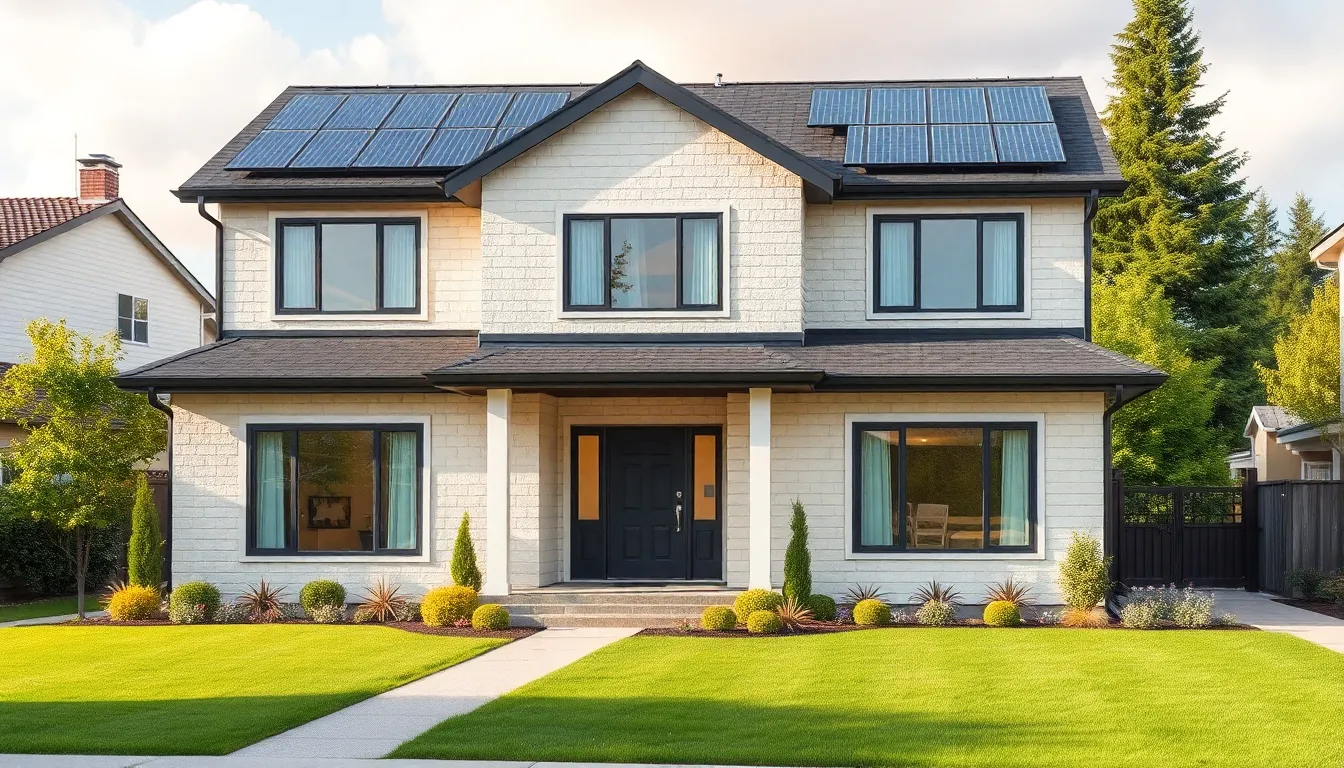
Energy-efficient homes incorporate various features that enhance sustainability, comfort, and cost savings.
Insulation and Windows
Effective insulation minimizes heat loss in winter and retains cool air during summer months. Walls, roofs, and floors benefit from materials like spray foam, cellulose, or fiberglass, ensuring consistent indoor temperatures. Windows play a crucial role; double or triple-pane options significantly reduce energy transfer. Low-emissivity (Low-E) coatings further enhance efficiency by reflecting heat. Together, these features can reduce energy consumption by up to 30%, making homes more comfortable year-round while cutting utility costs.
Energy-Efficient Appliances
Energy-efficient appliances consume less electricity and water while maintaining performance. Models with the ENERGY STAR label exceed efficiency standards set by the U.S. Environmental Protection Agency. Refrigerators, dishwashers, and washing machines feature advanced technology that reduces energy consumption without sacrificing functionality. For example, ENERGY STAR-rated refrigerators can use about 15% less energy than standard models. These appliances not only lower monthly bills but also contribute to a more environmentally friendly lifestyle, supporting overall energy conservation efforts.
Finding Energy-Efficient Homes for Sale
Finding energy-efficient homes for sale involves utilizing a variety of resources. Buyers can leverage modern technology to locate properties that prioritize sustainability and cost savings.
Online Listings and Resources
Websites specializing in real estate offer dedicated sections for energy-efficient homes. Numerous platforms, such as Zillow and Realtor.com, include filters that allow users to search specifically for eco-friendly features. Buyers can also explore energy ratings or certifications, ensuring transparency regarding a home’s efficiency. Additionally, organizations like the U.S. Department of Energy provide online resources, helping potential buyers understand energy-saving technologies and materials used in these homes. Using these tools enables buyers to gather comprehensive information and find suitable options that align with their energy efficiency goals.
Real Estate Agents’ Role
Real estate agents play a crucial role in identifying energy-efficient properties. These professionals often possess in-depth knowledge of local markets and can offer insights into energy-saving features of various homes. Agents can guide buyers toward neighborhoods with sustainable building practices and developments focused on energy efficiency. Furthermore, experienced agents know how to highlight potential tax incentives and rebates available for energy-efficient home purchases. Engaging a qualified real estate agent streamlines the process and enhances the likelihood of finding a property that meets both comfort and environmental objectives.
Factors to Consider When Buying
When considering energy-efficient homes for sale, several factors significantly influence the decision-making process. Prioritizing these elements ensures a home aligns with both financial goals and eco-friendly living.
Cost vs. Long-Term Savings
Initial costs often create hesitation for buyers. However, energy-efficient homes may boast savings of up to 30% on energy bills. While upfront expenses can seem higher, long-term savings on utilities can balance the scale. Maintenance costs decrease due to high-quality materials and efficient systems, directly influencing overall investment costs. Homebuyers should also consider eligibility for tax incentives and rebates offered for eco-friendly features, which can enhance financial viability. Assessing this balance directly impacts one’s budget without compromising comfort or sustainability.
Location and Community
Location holds a key role in the energy-efficient home search. Communities that prioritize sustainability often provide access to green technologies and resources, boosting home value. Proximity to public transportation, local markets, and recreational areas enhances lifestyle quality while reducing carbon footprints. Buyers should investigate neighborhoods known for energy-efficient initiatives. Homes in these areas commonly showcase shared community resources, such as solar installations and energy-efficient public spaces. Understanding the community’s overall commitment to sustainability can lead to fulfilling and environmentally responsible living.
Energy-efficient homes represent a significant step toward sustainable living. They offer a unique combination of comfort and cost savings while contributing to a healthier planet. By investing in these properties, buyers not only reduce their carbon footprints but also enjoy lower utility bills and increased property values over time.
As the demand for eco-friendly housing continues to grow, embracing energy-efficient options can lead to a more fulfilling lifestyle. With the right resources and guidance, finding the perfect energy-efficient home that aligns with both personal and environmental goals is entirely achievable. Choosing to live in an energy-efficient home is a smart decision for both the wallet and the world.
